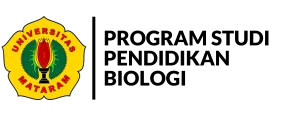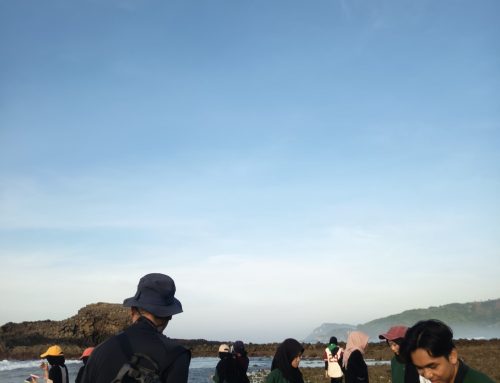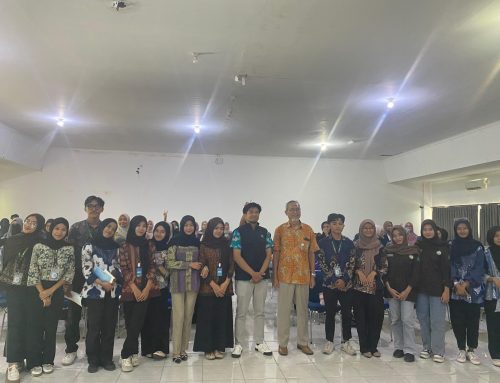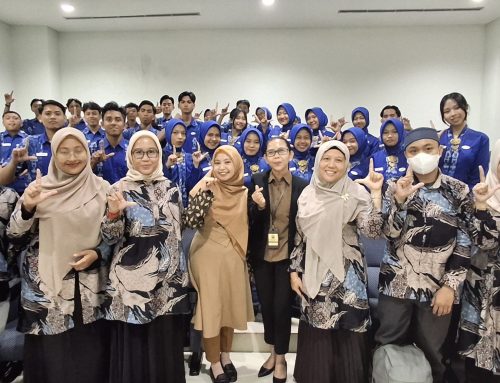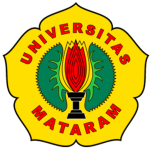Students from the Biology Education Program at the University of Mataram continue to demonstrate academic excellence through an innovative research project focusing on the potential of local microbes from coastal ecosystems. The study explores microorganisms found in the rhizosphere soil of mangrove forests in Bagek Kembar, East Lombok—an area known for its rich biodiversity, especially within mangrove root zones that host diverse microbial communities with great potential for sustainable agriculture.
The research began with soil sampling around the roots of mangrove trees. Samples were collected from multiple locations to ensure optimal microbial diversity. The process was carefully carried out to preserve the integrity of the microbial environment before being transported to the laboratory. More than just collecting soil, students also learned about ethical environmental sampling and the importance of mangrove conservation.
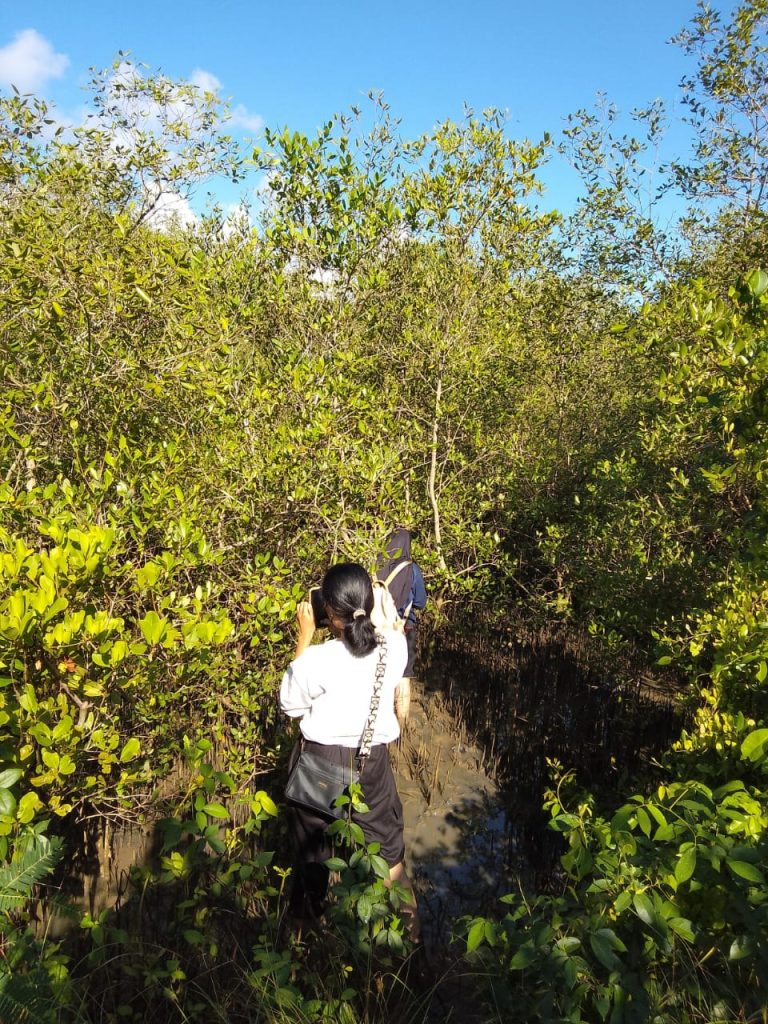
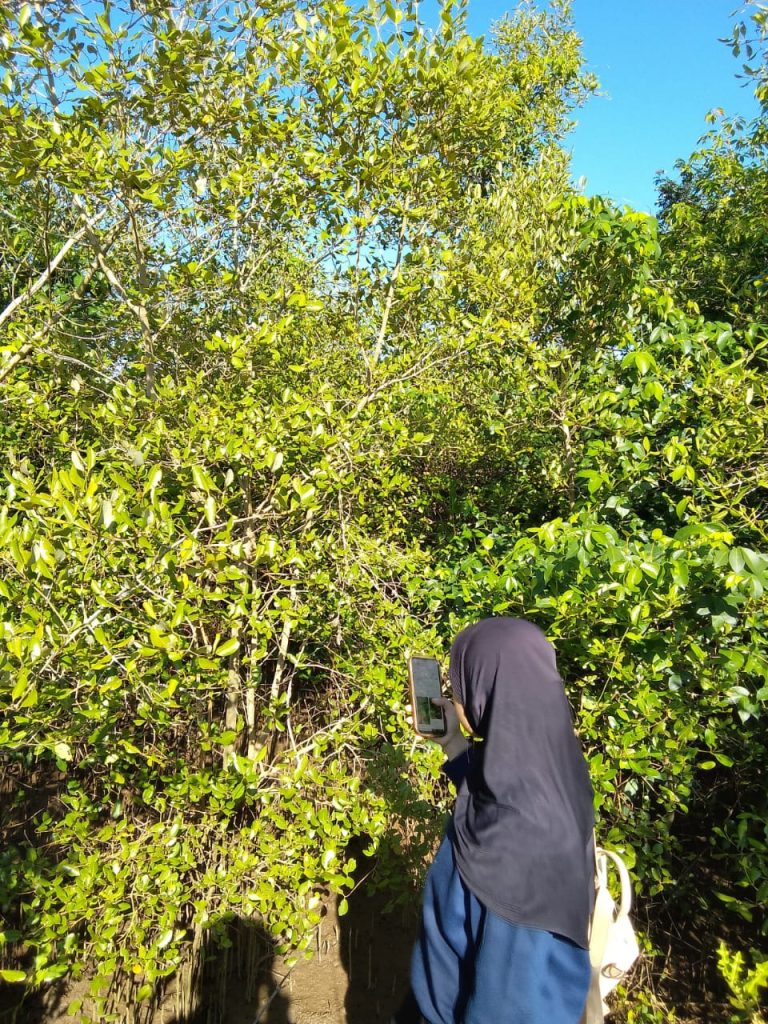
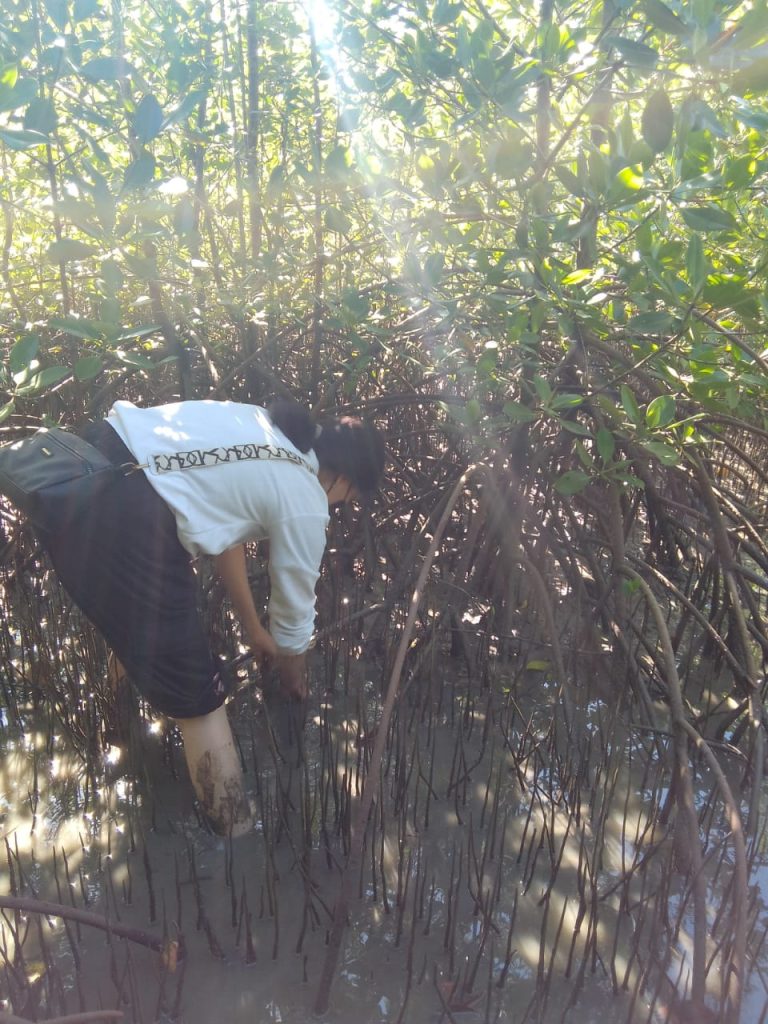
In the laboratory, students performed microbial isolation using aseptic culturing techniques. They successfully grew a range of microorganisms from the collected samples. Each isolate was then tested for its ability to solubilize phosphate, produce plant growth hormones such as IAA, and inhibit the growth of plant pathogens. Preliminary results indicate that several isolates show strong potential as biofertilizers and biocontrol agents.
Despite the high level of precision and strict aseptic protocols required in the laboratory, the students carried out the work with great enthusiasm. Each day, they worked under laminar airflow cabinets, used sterilized media, and recorded observations in detail. The lab environment remained lively and collaborative, with active scientific discussions among students and supervisors alike.
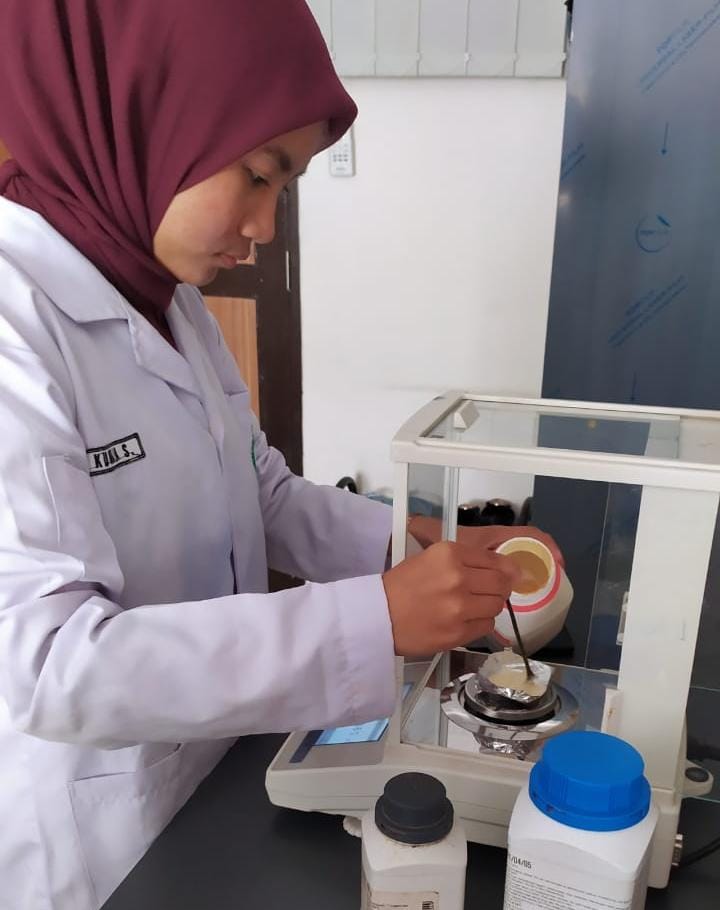
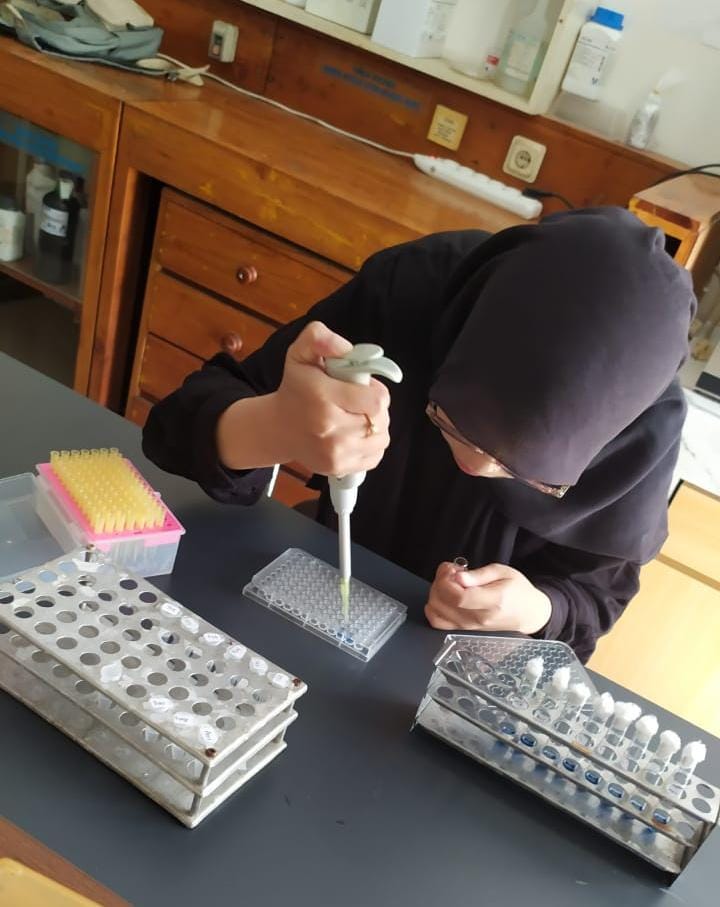
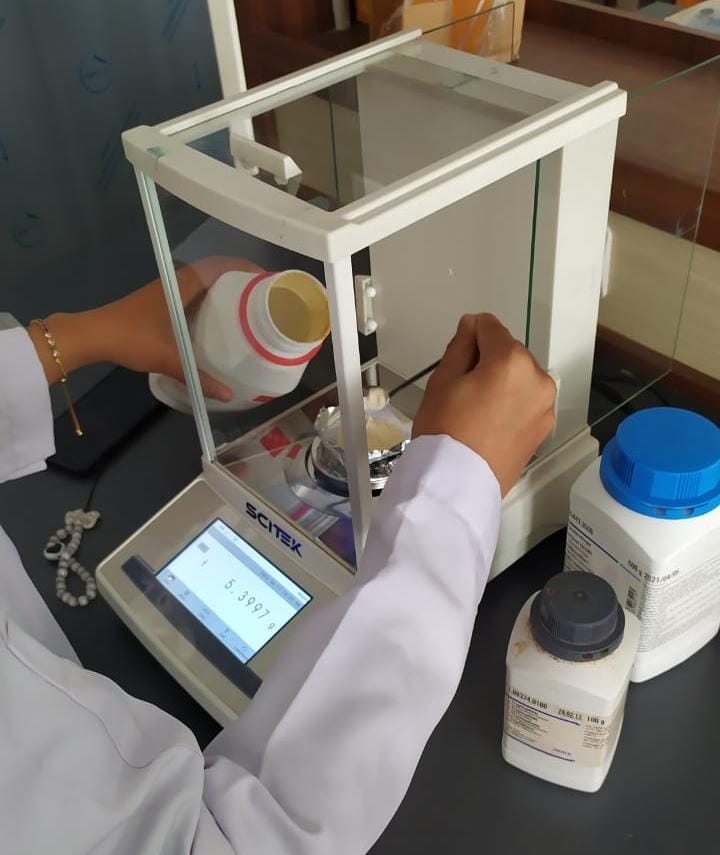
This research not only enhanced the students’ laboratory skills but also broadened their understanding of the value of local biological resources as environmentally friendly agricultural solutions. In the face of increasing soil degradation and dependence on synthetic chemical fertilizers, utilizing local microbes from natural ecosystems such as mangroves presents a promising and sustainable alternative.
Looking ahead, the students plan to continue their research by applying the promising isolates to crops in greenhouse and open-field trials. Their goal is to develop practical, low-cost, and eco-friendly biofertilizer or biopesticide products. The Biology Education Program fully supports this initiative as part of its commitment to producing graduates who excel not only in education but also in impactful applied science research that benefits the community.
